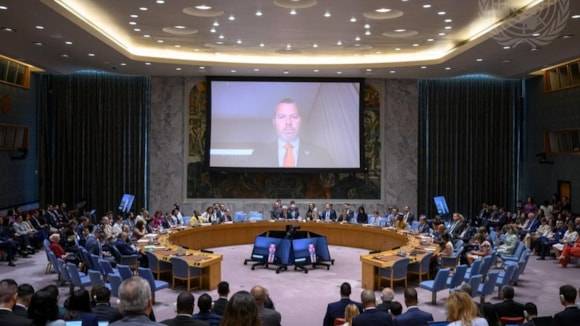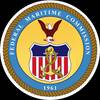
IMO Secretary-General Arsenio Dominguez has called for vigilance and deeper cooperation among Member States and international partners to address growing threats to global maritime security.
Speaking at the United Nations Security Council high-level open debate on August 11, chaired by the President of the Republic of Panama H.E. José Raúl Mulino, Mr. Dominguez outlined the risks facing ships and seafarers as they transport billions of tonnes of goods worldwide.
“Our collective response must be rooted in prevention, constant vigilance, innovation, and continuously strengthened regional and international cooperation,” he said. “Multilateralism is key here. Maritime security is a shared responsibility.”
He stressed the need for States to uphold obligations under established international standards for safety, security, and environmental protection in shipping.
Tackling evolving threats
In 2024, nearly 150 piracy and armed robbery incidents were reported to IMO, with the highest numbers in the Straits of Malacca and Singapore, the Indian Ocean, and West Africa. That same year, unlawful attacks in the Red Sea targeted ships in violation of international law and freedom of navigation.
Cyber-attacks, drug trafficking, and fraudulent activities continue to undermine maritime security, while emerging technologies bring both opportunities and risks, highlighting the urgency of strong cybersecurity governance.
“When geopolitical tensions disrupt shipping and innocent seafarers lose their lives, as we have seen recently in the Red Sea Area and during 2024, the only way forward is constructive dialogue,” said Mr. Dominguez. “Maritime security is not just technical – it is deeply human.”
He thanked the Security Council for resolutions calling for an immediate end to attacks on international shipping and for continued monitoring of the situation.
Developing capacity, sharing information
To mitigate some of these challenges, the IMO has developed binding measures such the 2004 International Ship and Port Facility Security Code (ISPS Code), the 2005 revised protocols for the Suppression of Unlawful Acts at Sea or SUA treaties, and cybersecurity requirements within mandatory Safety Management Systems.
Capacity development projects help strengthen regional responses, with an emphasis on information sharing and cooperation. Notable frameworks include the Regional Cooperation Agreement on Combating Piracy and Armed Robbery against Ships in Asia (ReCAAP), the Djibouti Code of Conduct and its Jeddah Amendment (DCOC/JA), and the Yaoundé Code of Conduct (YCOC) among West and Central African nations.
Dominguez also highlighted partnerships with the United Nations Office on Drugs and Crime (UNODC), INTERPOL, regional bodies and donor Member States in advancing this work, through initiatives such as the EU-funded Red Sea Programme and Port Security Project.



